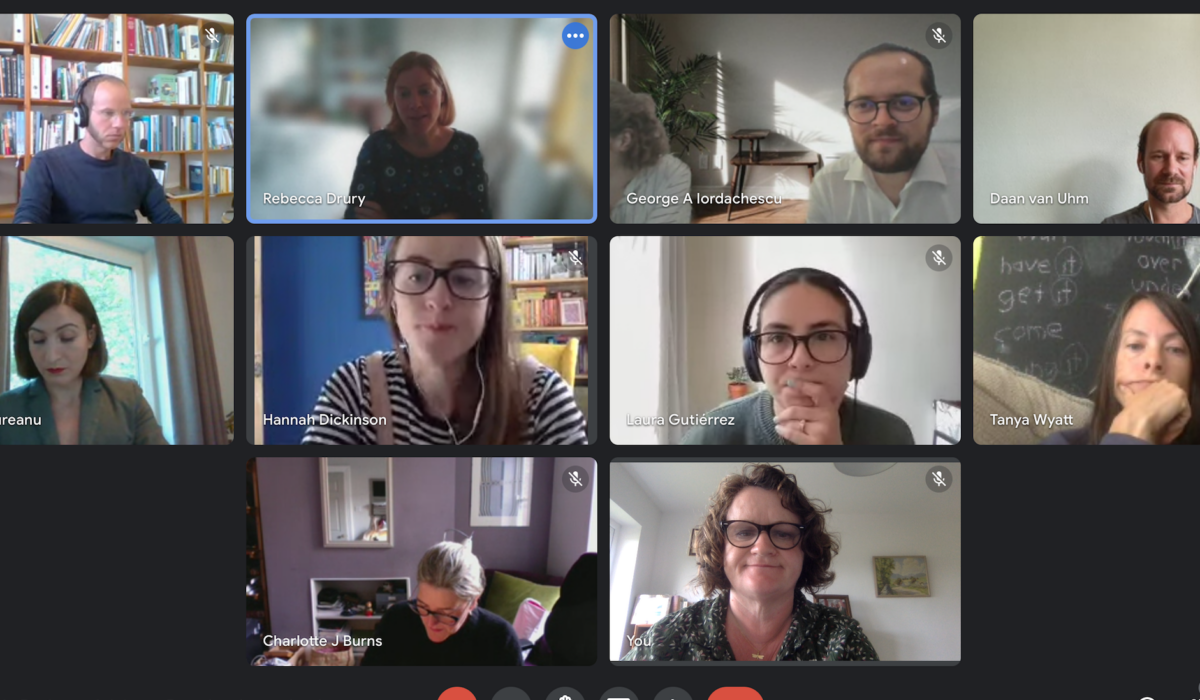Learn about what has drawn our Advisory Board members in joining us and most importantly, their views on the relevance and importance of our research into IWT in Europe.
We have asked them all what has drawn them to the project and why they think our research is relevant, important and timely. You can read their answers below:
Dr Hannah Dickinson | Political-Environmental Geographer – Durham University
I am excited by the Beastly Business project because of the project’s innovative theoretical approach that seeks to bridge IWT scholarship in political ecology and green criminology. Both bodies of work are instrumental to my own research, and so I’m really looking forward to learning from, and being inspired by the team as they bring these important disciplines into conversation. I’m also really drawn to the particular species that have been selected as case studies. Bears, songbirds and eels are all highly interesting creatures, with fascinating cultural traditions attached to their trade.
The Beastly Business research is important as it focuses on a highly overlooked aspect of IWT: trade in European species. It is necessary for researchers to continue to draw attention to and analyse the dynamics of wildlife trafficking happening within Europe as they are not widely understood, and the project is well positioned to provide timely and key insights into IWT in Europe. Such insights are necessary to shape effective policy and the priorities of conservation organisations going forward.
Dr Rebecca Drury | Head of Wildlife Trade – Fauna & Flora International
Fauna & Flora International is working to highlight the impacts of trade on lesser-known species, including European species and Europe’s role in wildlife trafficking. This project will generate relevant information that will help us to shape more effective conservation policy and practice on the ground. I am excited to be part of an innovative project that explores how fusing green criminology and political ecology can help us to better understand the role green collar crime plays in driving and sustaining illegal wildlife trade, and that will also serve to highlight the impacts of this understudied area of criminal activity.
Dr Stefan Ferger | Project Manager – EuroNatur Foundation
In order to curb the massive slaughter of migratory birds in the Mediterranean, the Convention on the Conservation of Migratory Species of Wild Animals (CMS) has convened the Intergovernmental Task Force on Illegal Killing, Taking and Trade of Migratory Birds in the Mediterranean (MIKT) in 2016. Having identified the need for stricter penalties, increased surveillance and improved law enforcement, the parties of the MIKT joined forces with the Bern Convention and committed to a zero tolerance approach on IKB. Despite these advances on the policy level, the actual knowledge on the scope and scale of IKB, as well as its socio-economic drivers, remains scarce. Accordingly, the role of green-collared crime for driving illegal wildlife trade (IWT) has not been taken into account within the current policies on IKB – and the Beastly Business-project has the potential to fill this gap by systematically mapping the drivers of IWT, generating exciting new empirical data and provide concrete advice to policy makers.
Professor Tanya Wyatt | Professor of Criminology – Northumbria University
The Beastly Business Project is one of the few research studies to look at Europe’s role in the illegal wildlife trade. As someone who has been saying for the last several years, that Europe (along with the US) need to address the demand for and consumption of wildlife that is taking place in their own borders, this was a project that I definitely wanted to be a part of. The findings are bound to affect wildlife regulation in Europe and hopefully, spark changes in behaviour and attitudes of people in Europe that wildlife trafficking is a crime taking place elsewhere.
